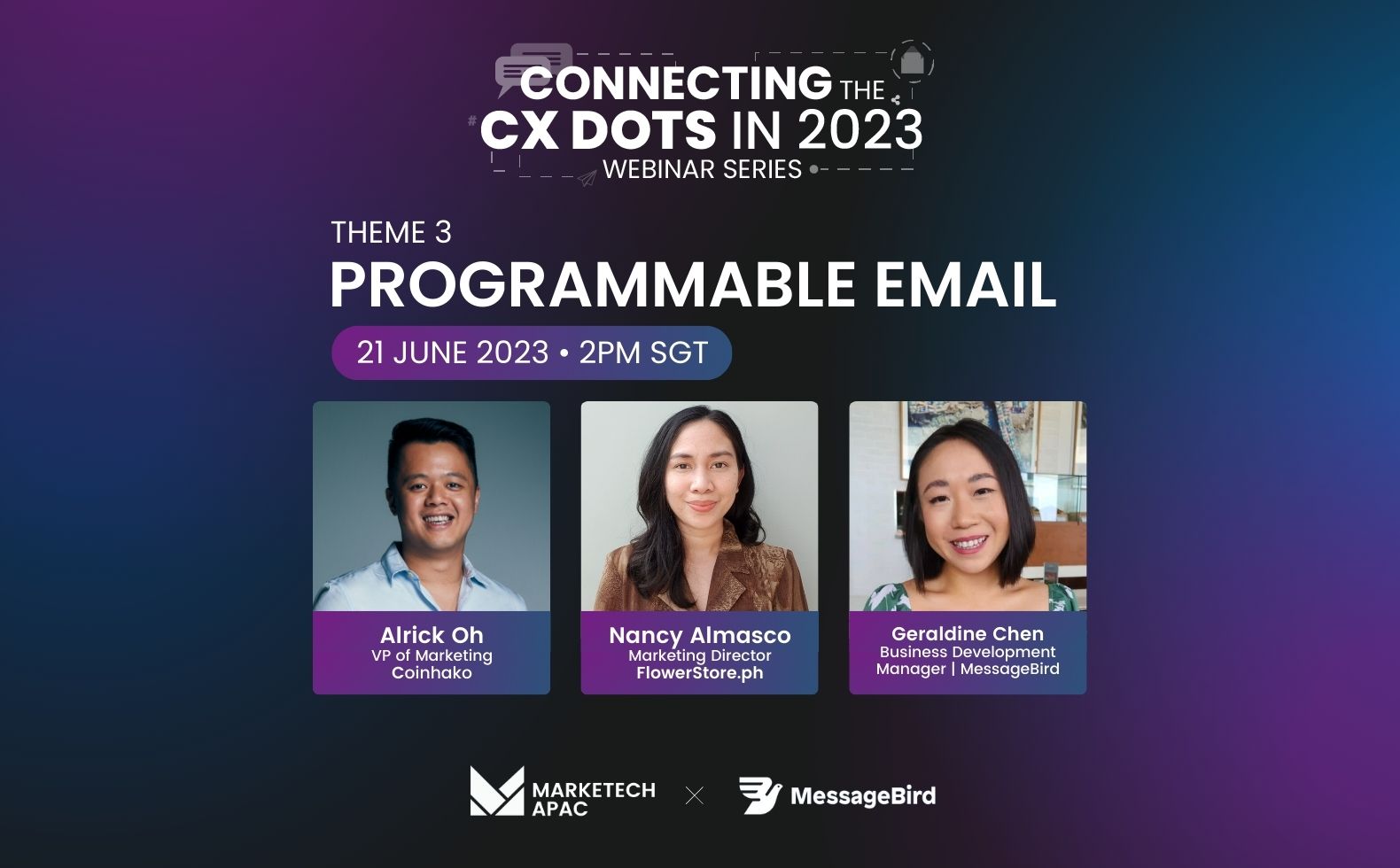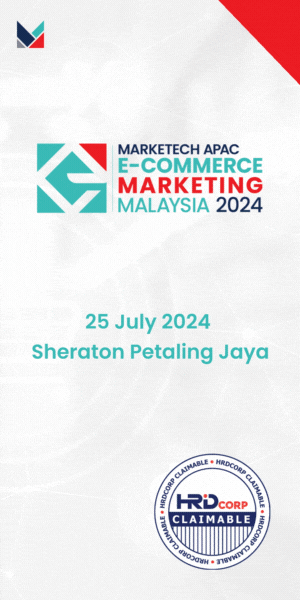Singapore – In spite of initial scepticism around the phase-out of third-party cookies, marketers in APAC are now more welcoming of this imminent shift as they acknowledge the opportunity of building even greater trust through the use of other data sources, particularly zero and first-party data. This was according to the latest data from customer engagement platform Twilio.
According to the data, 92% of marketers in the region believe that phasing out third-party cookies can help strengthen trust in advertising among consumers in the long run. Meanwhile, 84% of organisations in the region are advocating consumer data privacy and welcoming the phasing out of third-party cookies, and 49% of organisations in the region feel more prepared to ride off to the third-party cookie sunset than they were in 2021.
Furthermore, around 92% of marketers surveyed in APAC are already collecting zero-party data, primarily through surveys (58%), social media polls (52%), and email campaigns (51%).
Around 75% of marketers already have at least a basic understanding of the positive value of first-party data — among which include being more useful in personalising engagement, targeting the right customers, and providing more accuracy, flexibility, and control.
Lastly, the data also notes that the most pressing challenge in data collection amongst marketers in the region is customer resistance, necessitating a more refined approach to consumer data collection. Around 51% of marketers understand the value of first-party data in theory, but remain uncertain about applications in day-to-day operations. Despite these challenges, most organisations (58%) remain committed to exploring alternative ways of gathering consumer information and insights.
Nicholas Kontopoulos, vice president of marketing for Asia-Pacific & Japan at Twilio, said, “In the new consumer data revolution, it is critical that businesses rethink their approach to data to drive more impactful customer engagement. Trust is now the underpinning factor for marketing success, so brands need to be more transparent in communicating how they are using data to unlock meaningful value for consumers.”





















